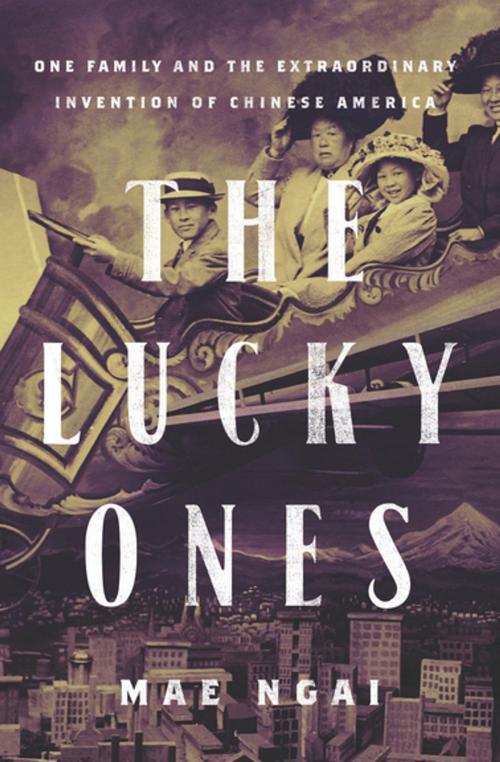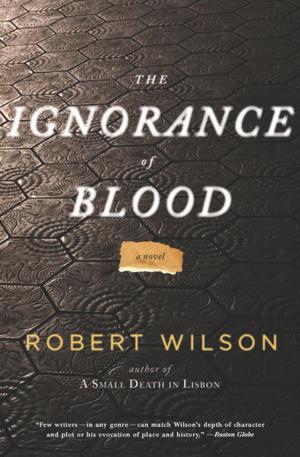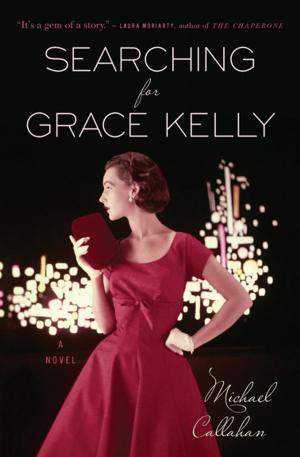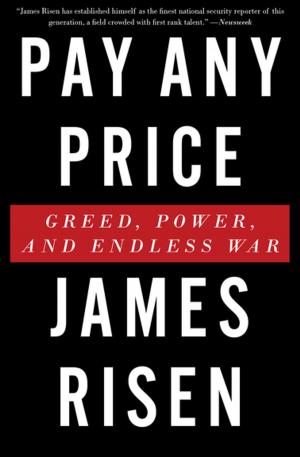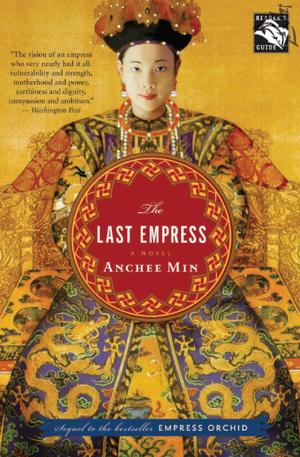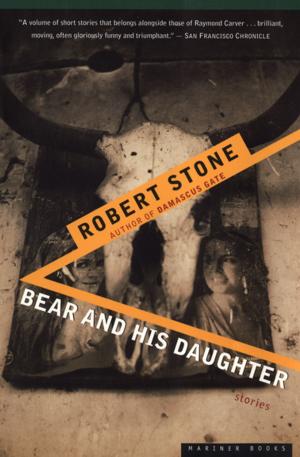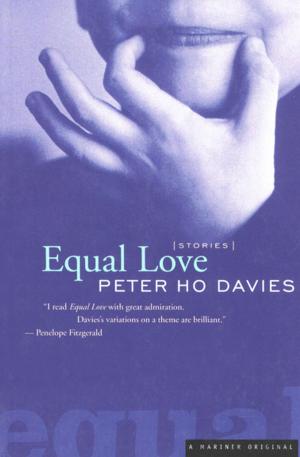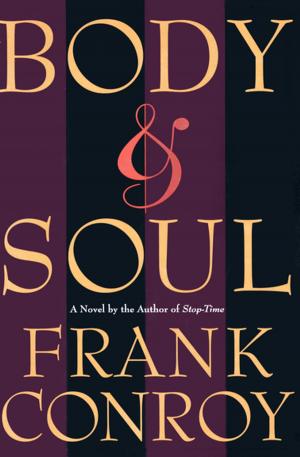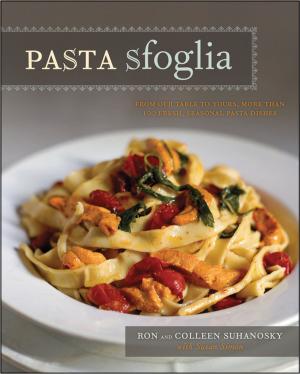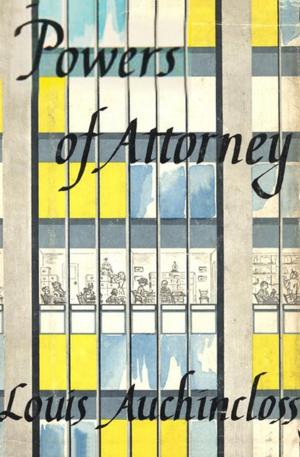The Lucky Ones
One Family and the Extraordinary Invention of Chinese America
Nonfiction, Social & Cultural Studies, Social Science, Cultural Studies, Emigration & Immigration, Ethnic Studies, Biography & Memoir| Author: | Mae Ngai | ISBN: | 9780547504285 |
| Publisher: | Houghton Mifflin Harcourt | Publication: | September 15, 2010 |
| Imprint: | Houghton Mifflin Harcourt | Language: | English |
| Author: | Mae Ngai |
| ISBN: | 9780547504285 |
| Publisher: | Houghton Mifflin Harcourt |
| Publication: | September 15, 2010 |
| Imprint: | Houghton Mifflin Harcourt |
| Language: | English |
This rags-to-riches history of three generations offers a “terrifically readable, compelling” look at the Chinese middle class and the immigrant experience (Publishers Weekly).
In 1864, at the age of twelve, Jeu Dip left southern China for America. In San Francisco, he reinvented himself as Joseph Tape, an immigration broker whose new life allowed his family to become one of the first of a brand-new social type: middle-class Chinese Americans.
As the Tape family’s rags-to-riches story unfolds, their history illuminates that of America. Seven-year-old Mamie Tape attempts to integrate California schools, resulting in the landmark 1885 Tape v. Hurley case. The family’s intimate involvement in the 1904 St. Louis World’s Fair reveals how the Chinese American culture brokers essentially invented Chinatown—and so Chinese culture—for American audiences.
Many books have been written about the trials of coming to America, but as Mae Ngai follows the legacy of one family as they integrate into society over the course of generations, she shines a much-needed light on the Asian American experience.
“Mae Ngai tells a story we haven’t heard, and very much need. Provocative, groundbreaking, and revelatory, The Lucky Ones is a great read, to boot—as pleasurable as it is enlightening.” —Gish Jen
This rags-to-riches history of three generations offers a “terrifically readable, compelling” look at the Chinese middle class and the immigrant experience (Publishers Weekly).
In 1864, at the age of twelve, Jeu Dip left southern China for America. In San Francisco, he reinvented himself as Joseph Tape, an immigration broker whose new life allowed his family to become one of the first of a brand-new social type: middle-class Chinese Americans.
As the Tape family’s rags-to-riches story unfolds, their history illuminates that of America. Seven-year-old Mamie Tape attempts to integrate California schools, resulting in the landmark 1885 Tape v. Hurley case. The family’s intimate involvement in the 1904 St. Louis World’s Fair reveals how the Chinese American culture brokers essentially invented Chinatown—and so Chinese culture—for American audiences.
Many books have been written about the trials of coming to America, but as Mae Ngai follows the legacy of one family as they integrate into society over the course of generations, she shines a much-needed light on the Asian American experience.
“Mae Ngai tells a story we haven’t heard, and very much need. Provocative, groundbreaking, and revelatory, The Lucky Ones is a great read, to boot—as pleasurable as it is enlightening.” —Gish Jen
